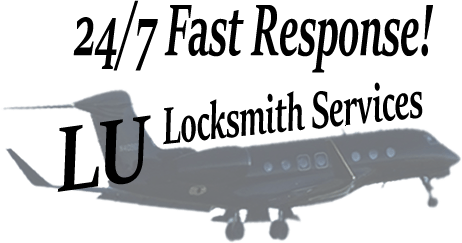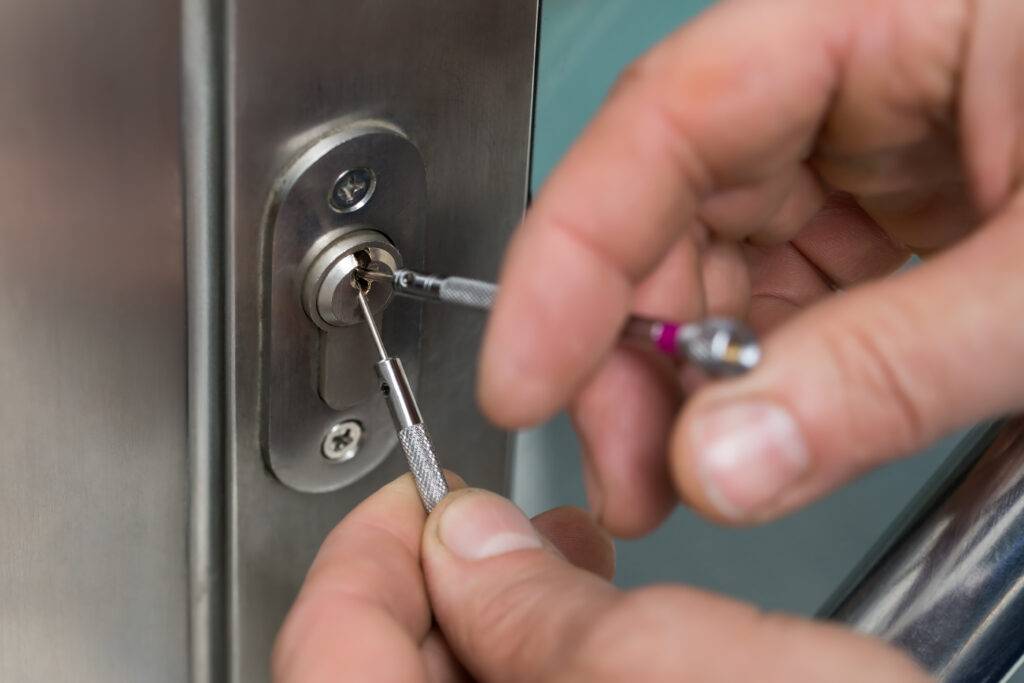NO CALL-OUT CHARGES!
Address: High Town Luton LU2 0NP
24/7 response all year round, in the vicinity of Creamers Design & Print
- Luton 24/7 Cover,
- Domestic repairs,
- Emergency Lockout Service,
- Insurance BS3621 Locks,
- Post Burglary Repairs,
- Change & Upgrade Locks,
- We aim to arrive within 30min

All of our guys are fully trained and ready to perform any task given to them, your home is in safe hands. NO callout charges.
Our vans are stocked with a wide range of locks and spare parts, allowing us to efficiently resolve any issues our customers may encounter!
All our locksmiths are expertly trained and dedicated to maintaining the safety and security of your property. We stand by our work with a full guarantee to ensure total client satisfaction.
LU Locksmith High Town Services installs British Standard locks (BS3621), which are required by most insurance policies. We also offer specialised locks, including Banham and Mul-T-Lock, upon request.
We provide a professional and courteous service, always ready to assist you. Special care is taken to ensure your door remains free from scratches or damage when our work is complete. See below for our range of services. NO callout charges or hidden additional costs.
- Our Services:
- Number & Code Locks
- Gaining Entre (Evictions)
- Windows & Internal Doors Locks
- Broken Keys & Jammed Locks
- Commercial Services
- Priority Lockout Service
- uPVC Doors & Windows Locks
- All of the work is 100% guaranteed
- We repair:
- Wooden doors,
- uPVC doors,
- Glass doors,
- Metal doors,
- Security doors,
- Internal doors,
- Gate locks,
- Intercom systems,
- CCTVs,
- Garage doors' locks,
- Smart home,
- Coded locks,
- NO callout charges
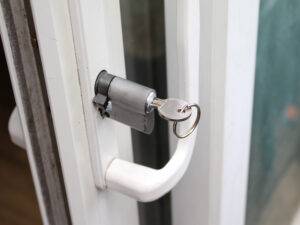 Are characterised by a mechanism that requires users to lift the handle and turn the key to secure them. They are typically installed on double-glazed doors but have also become popular on modern composite doors. One key advantage of this type of lock is that it secures the door to the frame in three locations—top, bottom, and middle—unlike traditional locks that secure only a single point.
Are characterised by a mechanism that requires users to lift the handle and turn the key to secure them. They are typically installed on double-glazed doors but have also become popular on modern composite doors. One key advantage of this type of lock is that it secures the door to the frame in three locations—top, bottom, and middle—unlike traditional locks that secure only a single point.
However, maintaining these locks can be more complex and costly if replacement is needed. The locking mechanism itself is similar to a Euro lock cylinder and can be easily upgraded to anti-drill and anti-snap locks, which we highly recommend as a replacement option.
 More commonly known as 5-lever locks, are the main locks used on many doors (both internal and external) and are installed into a pocket on the door's edge. Insurance companies often require the fitting of an appropriate mortice lock to ensure coverage, with the most common standard being BS3621. You can easily verify if your lock meets this standard by checking the faceplate for the BS3621 stamp, along with a date and the British Standard Kitemark.
More commonly known as 5-lever locks, are the main locks used on many doors (both internal and external) and are installed into a pocket on the door's edge. Insurance companies often require the fitting of an appropriate mortice lock to ensure coverage, with the most common standard being BS3621. You can easily verify if your lock meets this standard by checking the faceplate for the BS3621 stamp, along with a date and the British Standard Kitemark.
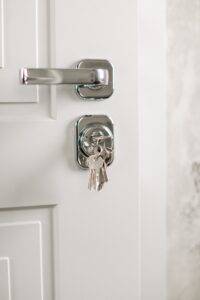 When a property is occupied by three or more unrelated individuals, it is considered a House in Multiple Occupation (HMO) and is subject to special regulations. One of these rules requires easy egress from the property and each bedroom in case of fire, without the need for a key. The Council now mandates compliance with this rule as a condition for renewing HMO licenses. Additionally, the Fire Officer requires an insurance-approved lock that meets the BS8621 security and safety standard.
When a property is occupied by three or more unrelated individuals, it is considered a House in Multiple Occupation (HMO) and is subject to special regulations. One of these rules requires easy egress from the property and each bedroom in case of fire, without the need for a key. The Council now mandates compliance with this rule as a condition for renewing HMO licenses. Additionally, the Fire Officer requires an insurance-approved lock that meets the BS8621 security and safety standard.
LU Locksmith Services caters to this requirement by supplying and fitting these locks, using only insurance-approved models for your tenants’ peace of mind. To ensure you remain compliant and maintain your license, call LU Locksmith Services at 07458 149 255 to have an HMO-compliant lock installed.
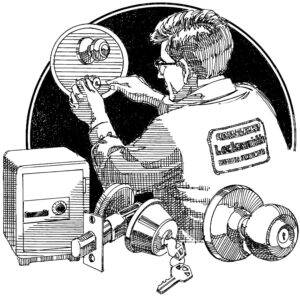 We provide service to the following areas too: Preston, King's Walden, Ley Green, Poynders End, Mangrove Green, Tea Green, Wandon End, breachwood Green, Bendish, Whitwell, Lawrence End, Chiltern Green, Peter's Green, Ansells End, St Pauls Walden, East Hyde, Bower Heath, Batford, Blackmore End, Slip End, Aley Green & Flamstead.
We provide service to the following areas too: Preston, King's Walden, Ley Green, Poynders End, Mangrove Green, Tea Green, Wandon End, breachwood Green, Bendish, Whitwell, Lawrence End, Chiltern Green, Peter's Green, Ansells End, St Pauls Walden, East Hyde, Bower Heath, Batford, Blackmore End, Slip End, Aley Green & Flamstead.
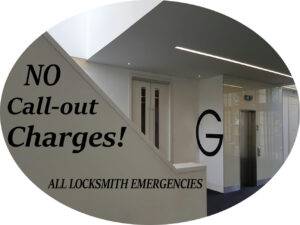
LU Locksmith Services
High Town Luton LU2
Experience is crucial in locksmithing, as it helps the locksmith develop problem-solving skills and a deep understanding of various types of locks and security systems. It goes without saying that a good locksmith should be reliable and trustworthy, as they are often called upon to provide emergency services and may have access to sensitive information and property.
